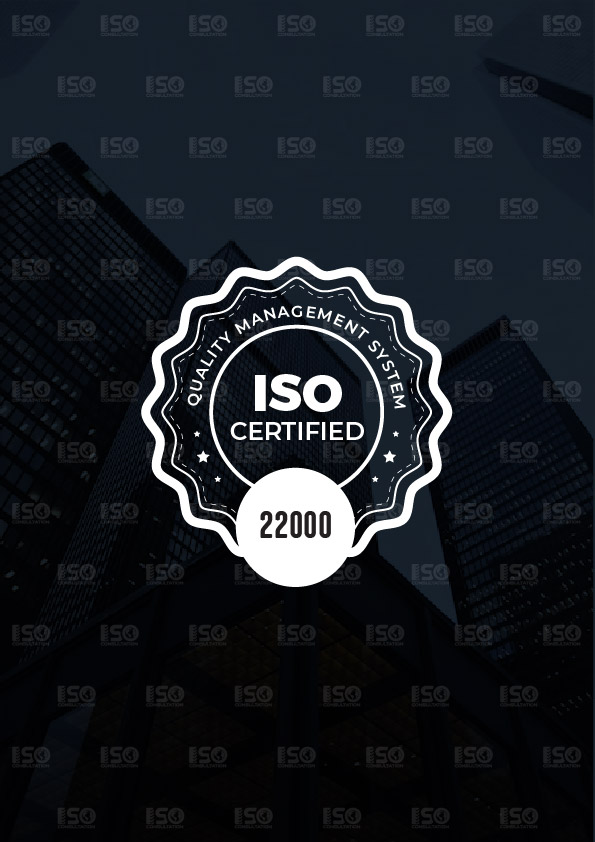ISO Standards and Certifications
ISO 22000 is a globally recognized standard for Food Safety Management Systems (FSMS) that provides a framework for organizations in the food industry to manage their food safety responsibilities in a systematic and effective manner. The standard was developed by the International Organization for Standardization (ISO) to help organizations ensure the safety and quality of their food products, while ensuring compliance with applicable food safety regulations.

ISO 22000 specifies the requirements for an FSMS that an organization can use to develop its own FSMS. The standard provides a framework for organizations to identify and control their food safety risks, prevent food safety incidents, and continually improve their food safety performance. Some of the key requirements of ISO 22000 include:
- Hazard Analysis: The organization must identify potential biological, chemical, and physical hazards that may occur in the food production process.
- Operational Prerequisite Programs (OPRPs): OPRPs are control measures used to manage significant food safety hazards that are not controlled by the Critical Control Points (CCPs).
- Control of Critical Control Points (CCPs): The organization must implement control measures at CCPs to manage significant food safety hazards.
- Food Safety Management System (FSMS) Management: The organization must establish and maintain an FSMS that is appropriate for the size and complexity of the organization.
- Validation, Verification, and Improvement of the FSMS: The organization must validate, verify and continually improve the FSMS to ensure that it remains effective in controlling food safety hazards.
- Communication: The organization must establish procedures for communicating food safety information to relevant parties, including customers, suppliers, and regulatory authorities.
